“Lack of commitment from the top,” says Farhad Andalibi on the lack of progress in diversity and inclusion efforts in the Dutch tech ecosystem.
A former employee of LinkedIn and a member of Techleap’s Diverse Leaders in Tech (DLiT) community, Farhad says he saw how startups and other organisations failed to advance their diversity, equity, and inclusion (DEI) efforts.
There are now real metrics to back up the claim that DEI efforts in the Netherlands have lagged behind those in the rest of Europe.
According to the Dutch D&I in Digital Benchmark 2023, the percentage of women in technical positions in the Dutch digital sector declined from 21 per cent in 2022 to 19 per cent in 2023.
Even more worrying trend is that Dutch tech companies have taken no concrete steps to advance their D&I initiatives especially when the country lags behind Europe by three percentage points when it comes to women in tech roles.
As a LinkedIn alumnus, Farhad has seen how companies can succeed with qualitative DEI efforts but is also no stranger to missteps with a lack of commitment from the leadership team dominating the list.
Need to rethink
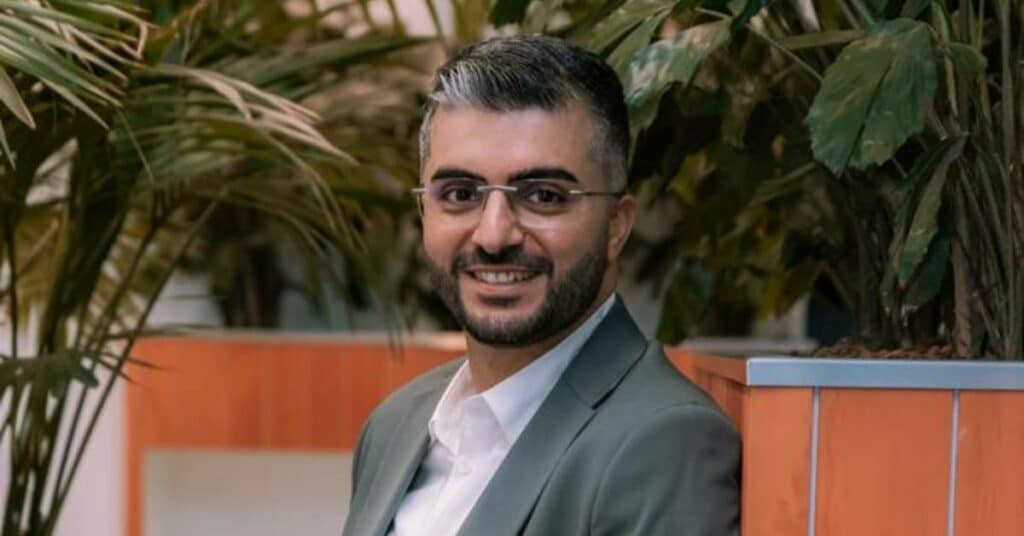
He argues that successful DEI initiatives require a full buy-in from leadership. Without their support, he says most efforts will often be either superficial or fail to bring about meaningful change.
In addition to leadership support, he says most organisations and entrepreneurs fail to truly understand the experiences and challenges of underrepresented groups.
This lack of understanding and empathy could lead to their efforts being unable to effectively address the actual issues faced by individuals from underrepresented groups.
Like Ingrid Tappin from Techleap, Farhad also emphasises the need for organisations to measure progress.
He says, “Without tracking and measuring progress, it’s difficult to understand the effectiveness of DEI initiatives and make necessary adjustments.”
With representation dropping in the Dutch digital sector and organisations unprepared, Techleap’s Diverse Leaders in Tech (DLiT) community and members like Farhad see a clear need for rethinking.
Farhad adds one of the first steps should be to consider targeted recruitment strategies that attract and retain a diverse range of individuals. He adds that such a strategy could include partnering with organisations like Women in Tech.
The Dutch digital sector should also strive to create a welcoming and supportive culture by “providing mentorship programmes, supporting work-life balance, and having strong policies against discrimination and harassment.”
He says in addition to these measures, there is also a need to offer leadership programmes designed specifically for women and underrepresented groups to help them advance in their tech careers.
“Leadership roles should be filled by more diverse candidates,” he says, adding, “as this not only impacts the overall culture but also influences the image of the company in the eyes of potential hires.”
Learnings from LinkedIn’s DIB initiative
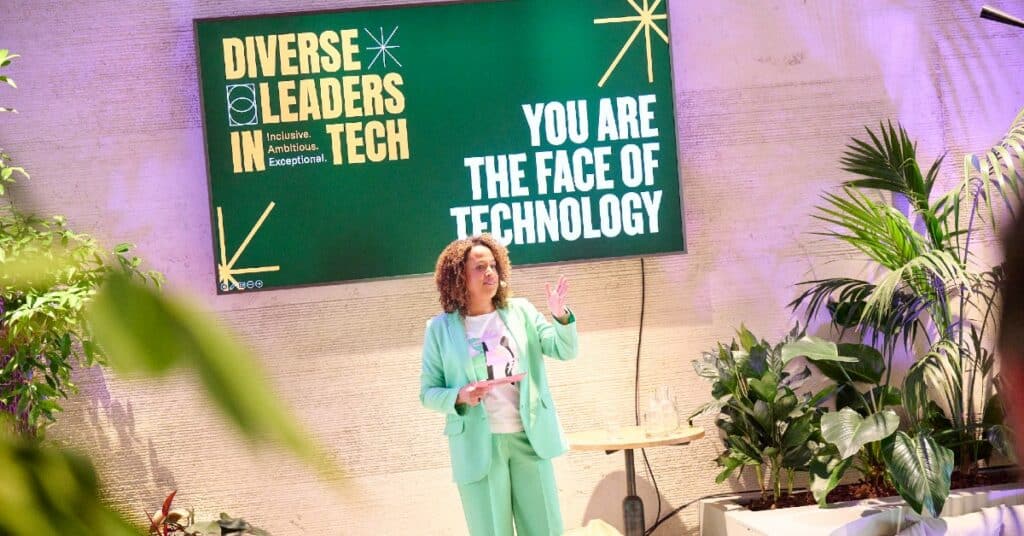
Farhad says tech companies and other organisations can learn a lot from LinkedIn’s Diversity, Inclusion, and Belonging initiative.
He says the initiative shows the importance of community building. Through its Employee Resource Groups (ERGs), LinkedIn has been able to foster a sense of belonging and offer a platform for individuals to share experiences, thus promoting a more inclusive environment.
He adds that the DIB initiative from LinkedIn also promotes the value of leadership programmes that can empower underrepresented groups by providing them with opportunities for growth and advancement.
One of the things that the Dutch tech sector can learn from LinkedIn’s DIB initiative is the power of transparency.
By regularly sharing progress on its DIB goal, LinkedIn is not only holding itself accountable but also encourages other companies to do the same.
In addition to learning from the example set forth by LinkedIn, Farhad argues in favour of companies tracking data beyond nationality, age, and gender to advance diversity and inclusion.
“Yes, diversity data should extend beyond nationality, age, and gender,” he affirms.
“It is important that a company’s workforce reflects the society where it’s located,” he adds.
By tracking data beyond nationality, age, and gender, Farhad sees businesses able to enhance their understanding, respect, and equal opportunity while also enabling diverse perspectives and driving innovation.
Role of Techleap’s DLiT community
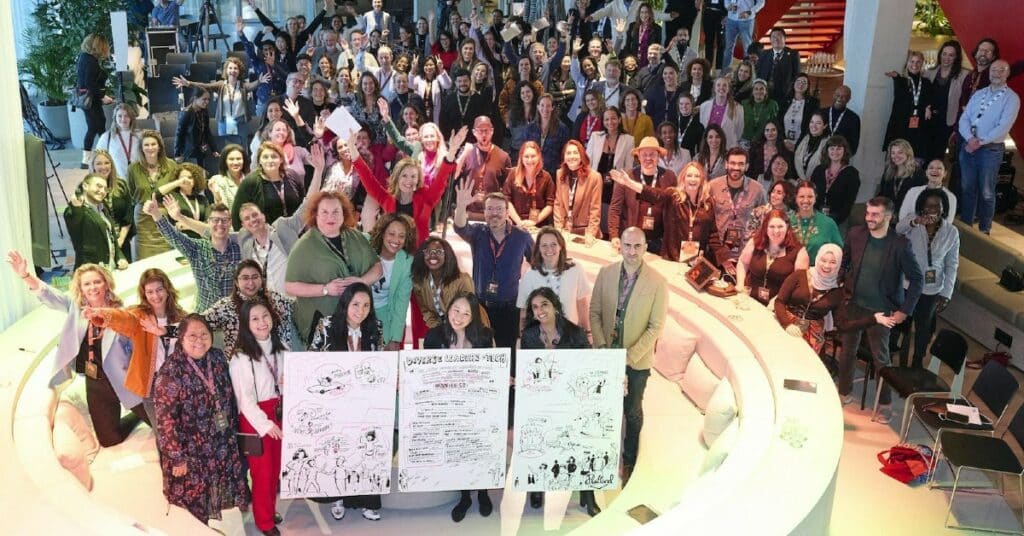
In March 2023, Techleap launched its DLiT community in an effort to make the Dutch tech ecosystem more diverse.
The community, which Techleap describes as a collaboration of 150 tech leaders, has grown since its founding and recently hosted DEI in Tech Summit.
Through this community of more than 150 tech leaders, Techleap sees an opportunity to make sure that DEI is not an afterthought for the Dutch tech ecosystem and make the ecosystem truly diverse in the next half a decade.
The biggest impact of Techleap’s DLiT community, Farhad says, has been to offer a platform for conversation and resources for inclusivity.
He says the community has also played a crucial role by championing the importance of diversity in the tech industry.
“It [DLiT community] is a great driver for action towards a more diverse and inclusive Dutch tech ecosystem,” he says.
As a community member, Farhad is striving to bring his expertise as a LinkedIn alumnus and also explain the impact of the Microsoft-owned professional social platform’s DIB initiative.
He is also exploring ways to contribute to the conversation around AI and ethics. “I intend to lend my expertise to discussions and improve understanding of this critical area as my involvement progresses,” he adds.
AI on my mind
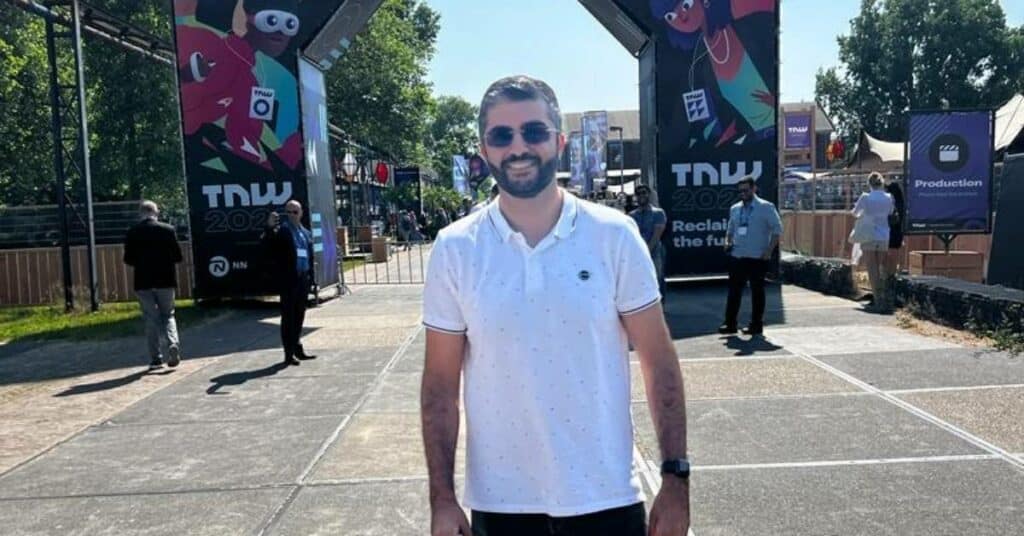
As organisations around the world use AI to screen resumes and candidate profiles, it shouldn’t surprise anyone that AI’s impact on DEI initiatives has become a hot topic.
As a founder at CodeChamps and Partner at Bugloos, Farhad actively assists startups and SMEs as a technology partner, developing applications tailored to their needs.
A key focus area is AI, which is not only integral to the solutions provided to clients but also a crucial element in enhancing our internal processes at CodeChamps and Bugloos.
He says AI has potential in many areas but businesses should tread with caution when it comes to using AI to help with hiring and assessing candidates.
“Important traits like self-awareness, willingness to learn, and having a growth mindset are difficult to quantify,” he adds.
In its current state, Farhad sees AI as unable to evaluate these attributes of a candidate accurately.
He reckons organisations and tech companies should limit their use of AI in business processes while carefully considering its application in recruitment.
When asked about AI regulation, he says any regulation should ensure the ethical and responsible use of AI, preventing misuse and bias.
Like Samaa Mohammad, another member of the DLiT community, Farhad doesn’t want to discount the impact of AI but sees a need for caution while ensuring ethical use through regulation.


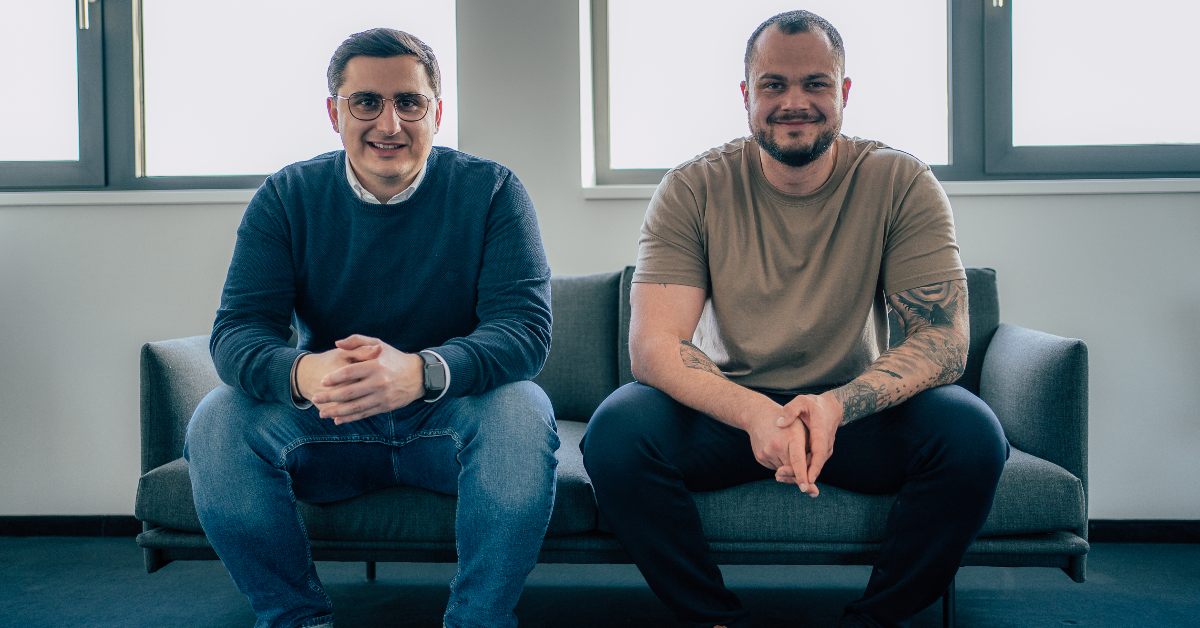


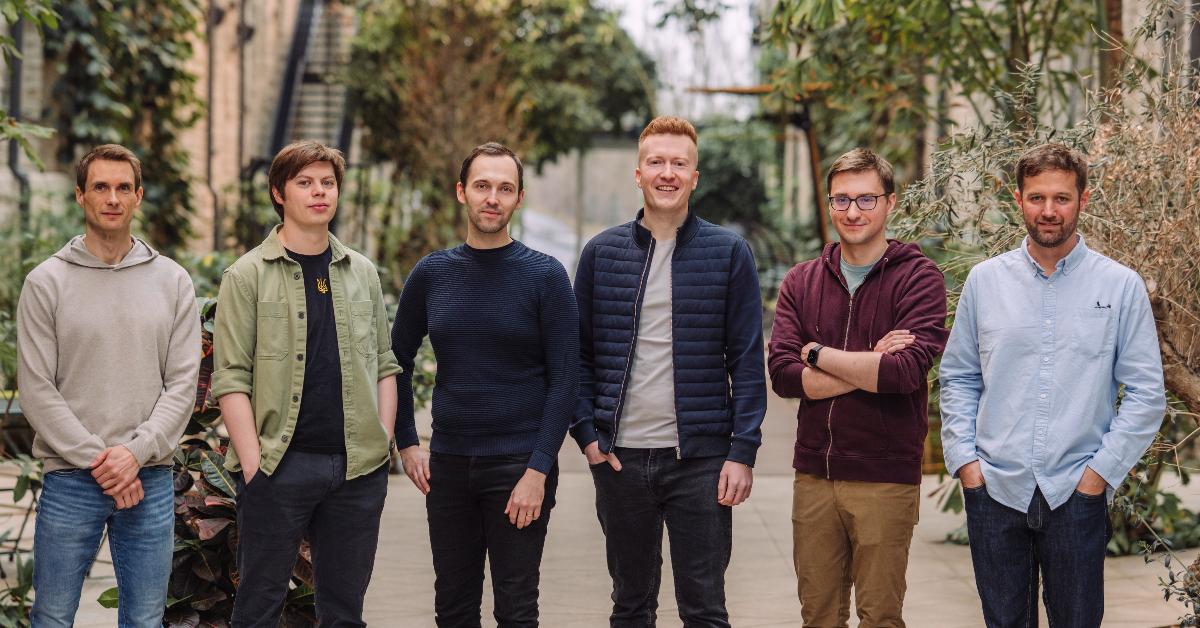
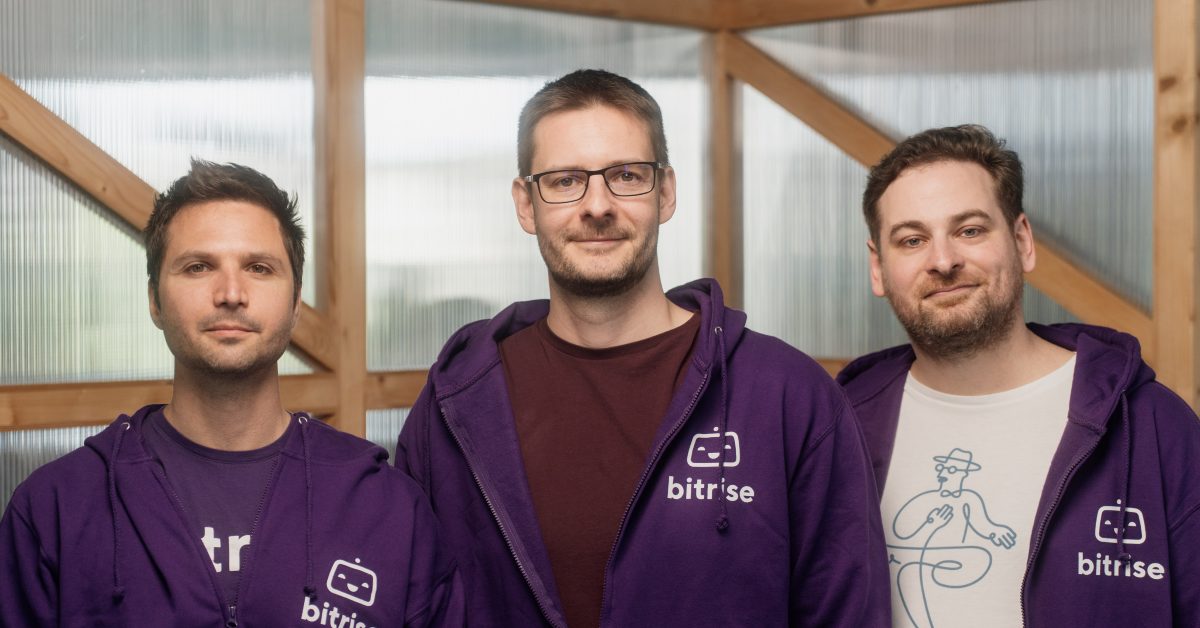
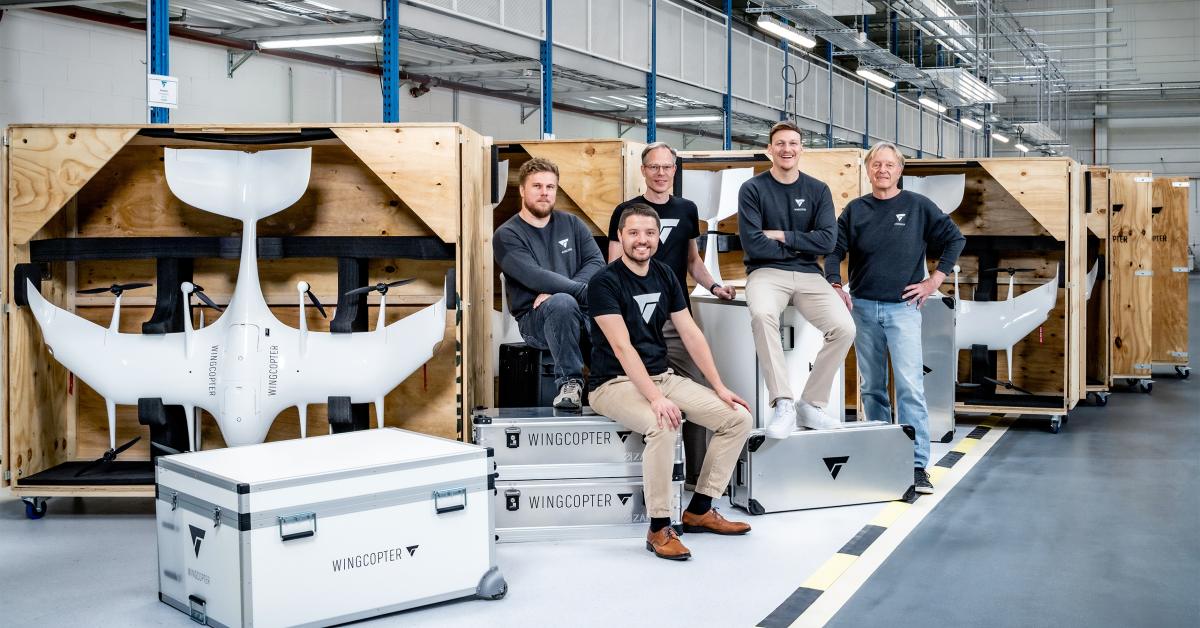

01
From Mexico City to Rotterdam: How the Dutch Startup Visa launched Estefania Hernandez’s HR tech revolution